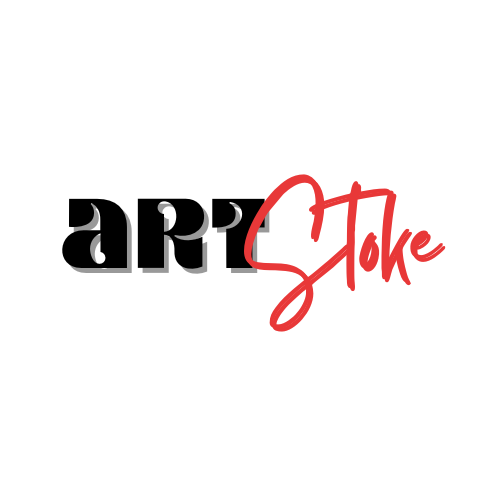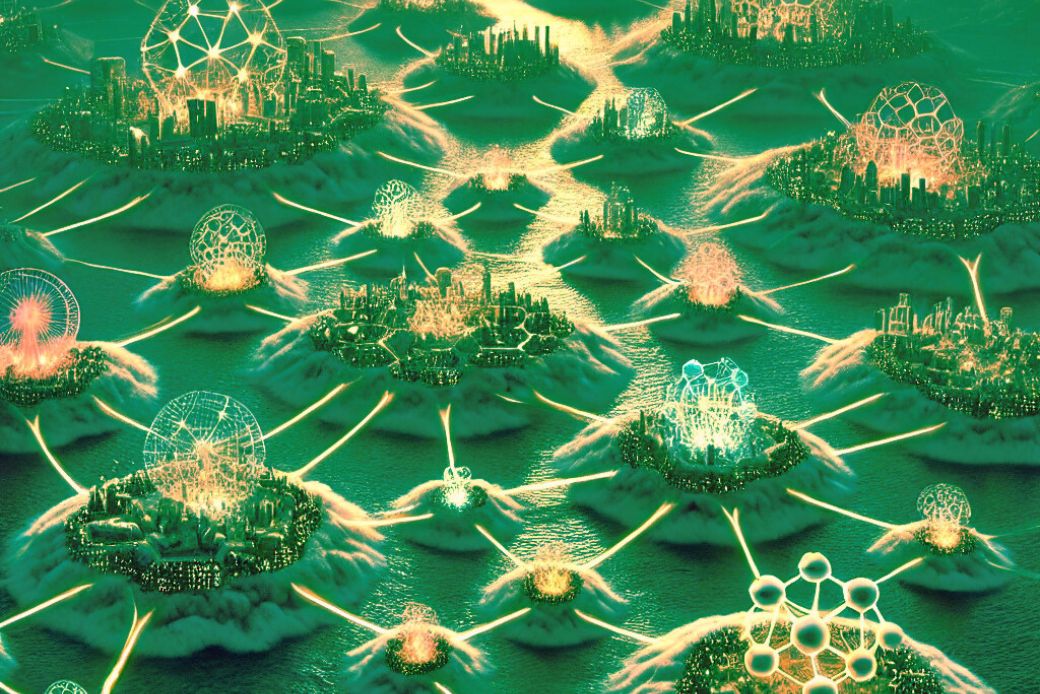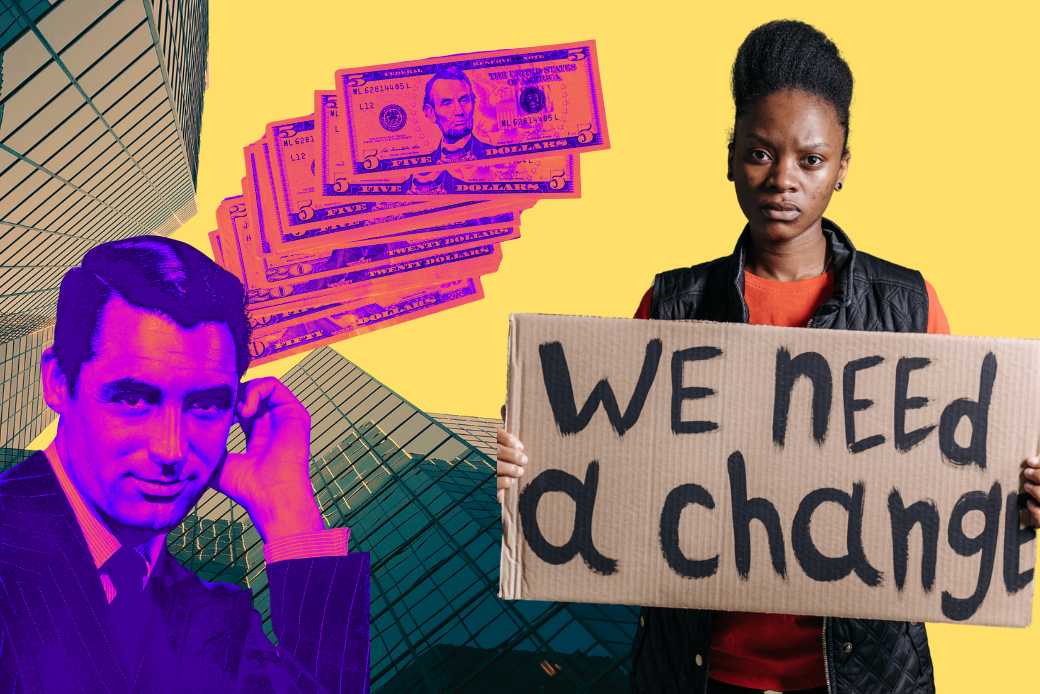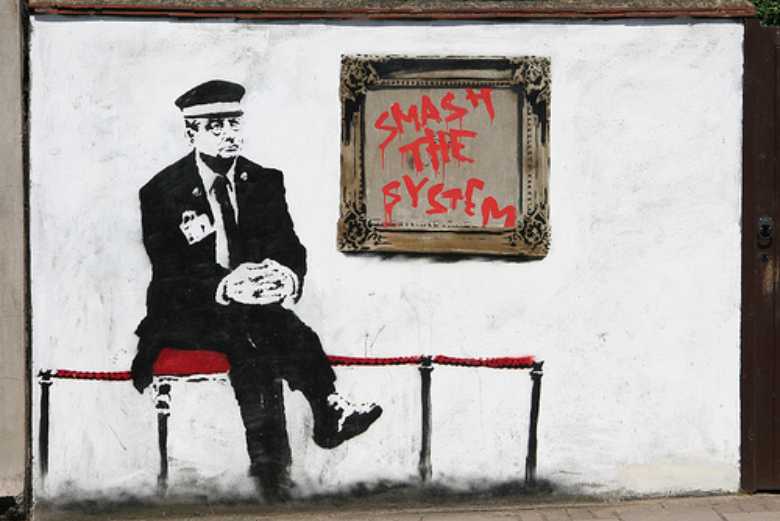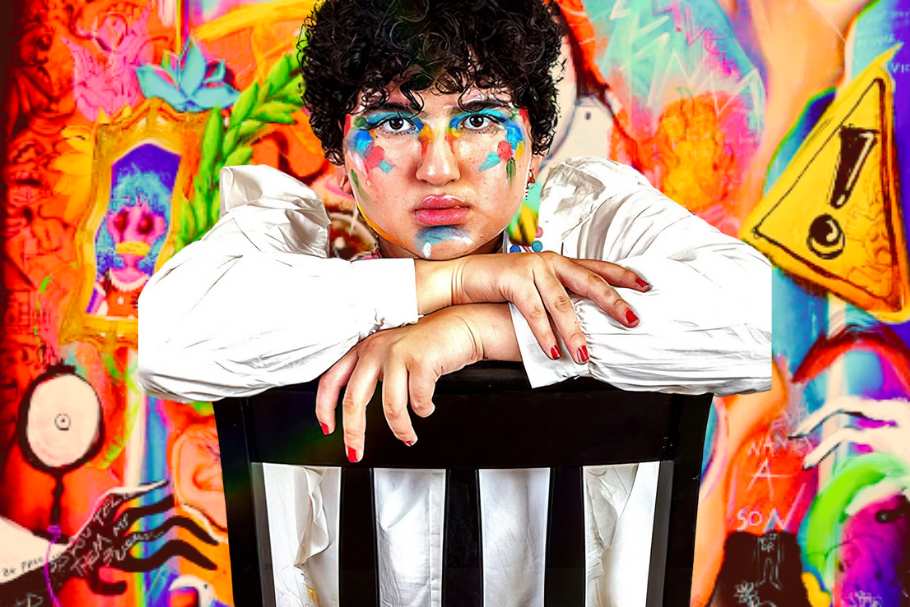Slow-Profit DAOs and Cultural Infrastructure: A New Commons for Systemic Change

At the heart of Art Stoke Commons is a quiet but radical belief: You cannot have sustainable systems change or social impact without a decentralised, slow-profit social economy. This isn’t ideology. It’s structural necessity.
